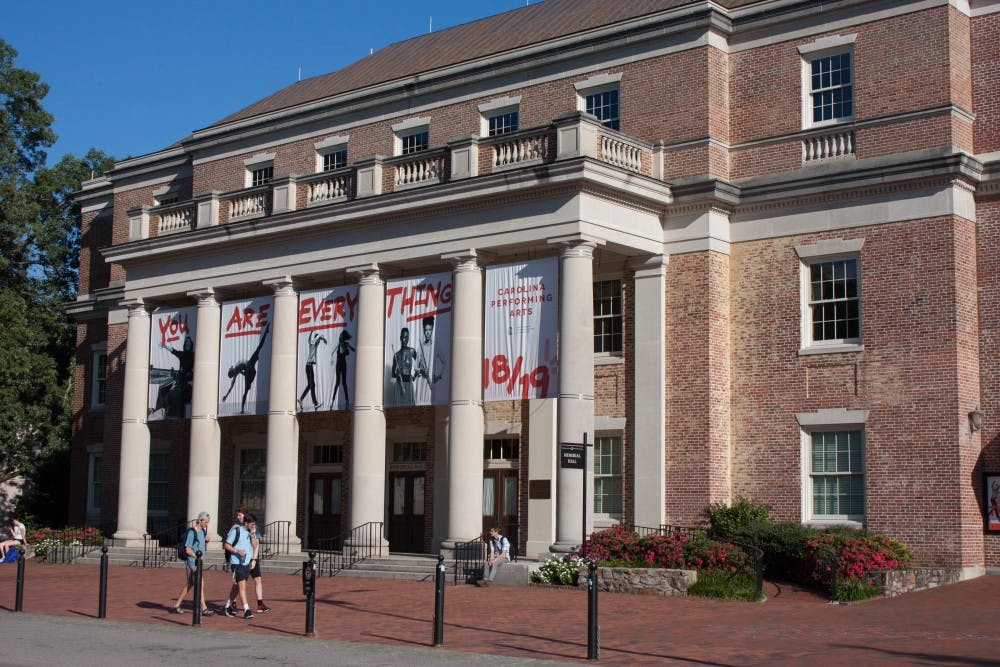As large performance venues in North Carolina become certified as sensory inclusive, smaller venues are struggling to catch up.
According to a press release from KultureCity, a nonprofit organization, “Sensory sensitivities or challenges with sensory regulation are often experienced by individuals with autism, dementia, PTSD and other similar conditions."
The organization dedicated to creating positive change for those with sensory needs announced the certification of the Duke Energy Center for the Performing Arts in Raleigh as sensory inclusive Oct. 25.
Through the partnership, Duke Energy Center staff members were trained to recognize patrons with sensory needs and how to respond to potentially overloading situations. The Duke Energy Center will also provide “sensory bags” including items like noise cancelling headphones and fidget tools, available upon request to all guests.
“One of the major barriers for these individuals is sensitivity to over stimulation and noise, which is an enormous part of the environment in a venue like the Duke Energy Center," according to the organization's press release. "With its new certification, the center is now better prepared to assist guests with sensory sensitivities in having the most comfortable and accommodating experience possible when attending any event.”
While performance monoliths such as the Duke Energy Center, Durham Performing Arts Center and PlayMakers Repertory Company all provide accessibility options such as assisted listening devices, captioning and American Sign Language interpretation, smaller venues with less resources are trying to catch up.
Rebecca Black, audience services manager at Carolina Performing Arts, said CPA has similar goals but is currently in the brainstorming stage of implementation.
“It definitely isn’t a quick fix,” Black said, “particularly for things that require more financial investment — regularly providing closed captioning or open captioning or creating sensory friendly kits for families, people or children who need sensory friendly experiences, even if the performance itself isn’t sensory friendly, etc. Our organization is trying to think about how we are going to implement that over time and cumulatively.”
Black said the process of implementing sensory inclusive systems involves a holistic self-assessment of what resources an organization has, physically and financially, and the kind of audience it wants to reach in order to achieve a more personalized environment.



